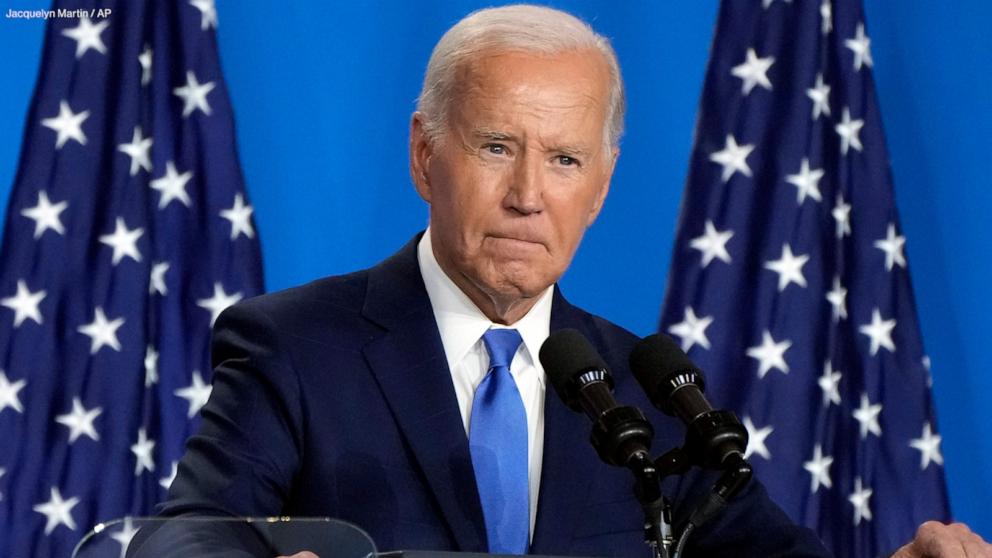Nigeria doubles minimum wage for government employees after strikes and negotiations

Public sector workers in Nigeria who earn the minimum wage will see their salaries double after the government reached an agreement on Thursday with unions that had threatened further strikes amid rising living costs.
ABUJA, Nigeria – Public sector workers in Nigeria who earn the minimum wage will see their pay double after the government reached an agreement Thursday with unions that had threatened more strikes amid rising living costs.
The new monthly minimum wage is 70,000 naira ($44), six times lower than the unions’ demand. Given the country’s economic problems, they accepted the offer with “mixed feelings,” said Joe Ajaero, president of the Nigerian Labour Congress, on Thursday after a meeting with President Bola Tinubu in Abuja, the country’s capital.
The new salary increase will not take effect immediately, as federal lawmakers still need to approve it through a new law.
Since taking office in May last year, Tinubu has implemented measures including removing fuel subsidies and unifying the country’s various exchange rates, which led to a devaluation of the naira against the dollar. Petrol prices have more than doubled and inflation has continued to rise as a result, reaching 34.1 percent last month – the highest level in nearly three decades.
The unions demanded an increase in the minimum wage from the current 30,000 naira to almost 500,000. The government refused, leading to another strike that brought Africa’s most populous country to a standstill.
Although the new minimum wage is still far below workers’ demands, Nigeria’s governors said when the bill was first introduced that many of their states could not afford the minimum wage and the new law would force them to accept the wage increase.
Although Nigeria is one of Africa’s largest oil producers, it remains one of the poorest countries in the world. Due to chronic corruption, the lifestyle of officials in Nigeria does not reflect that of the general population.
While lecturers and doctors often have to strike in protest against their meager salaries, politicians still receive enormous salaries and regular financial compensation even for unofficial functions.
When President Tinubu approved several million dollars for the construction of off-road vehicles last year, his wife, whose office is not constitutionally recognized, was one of the beneficiaries.



